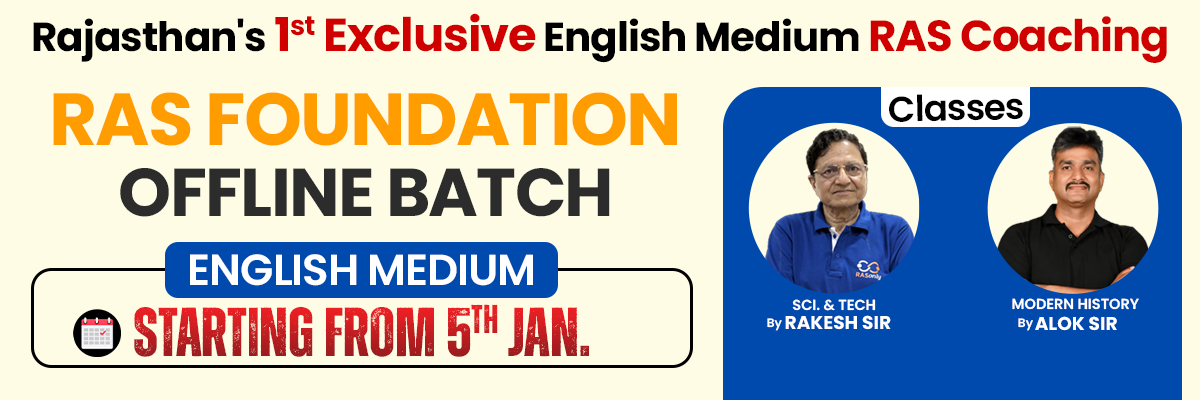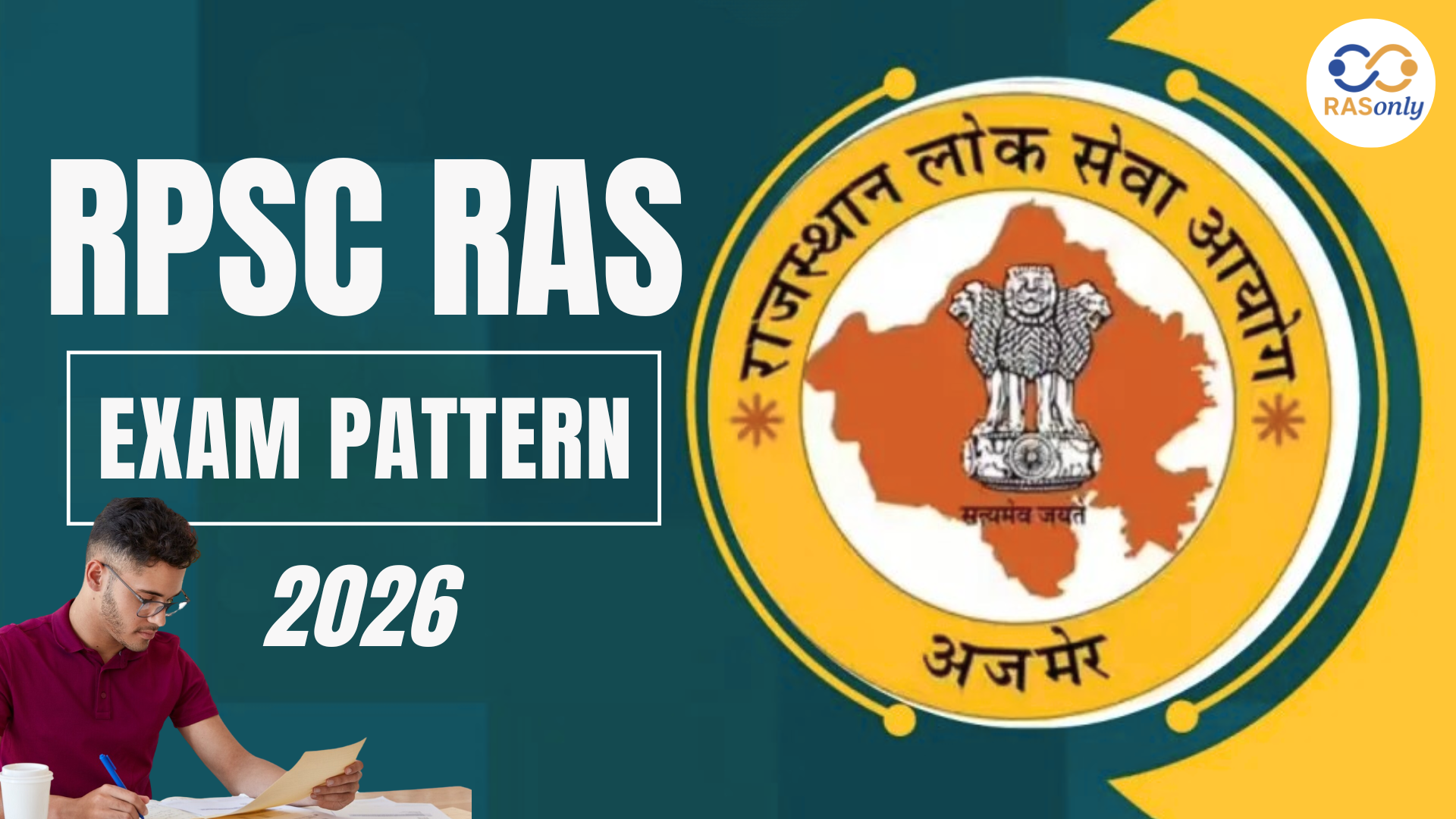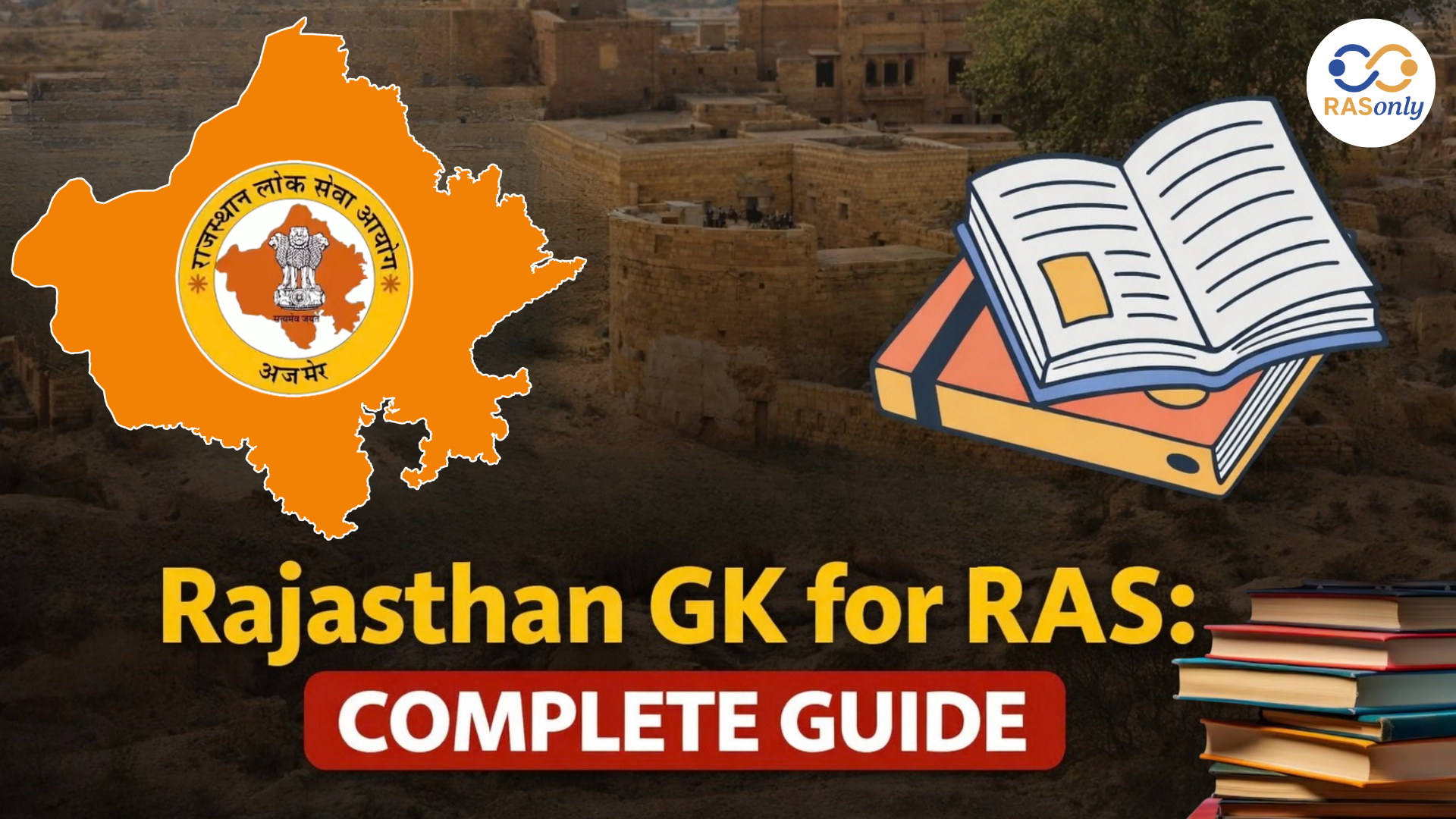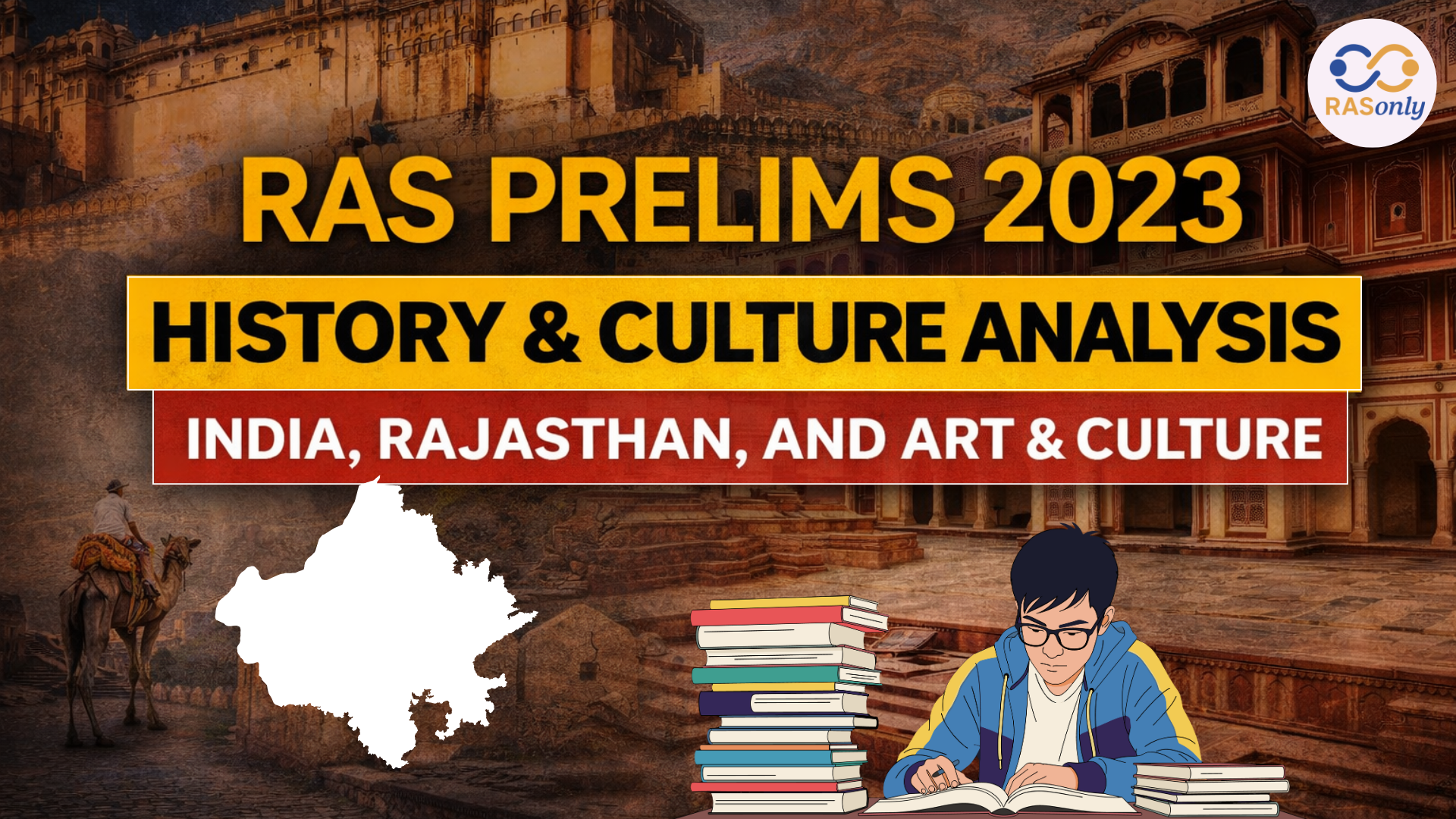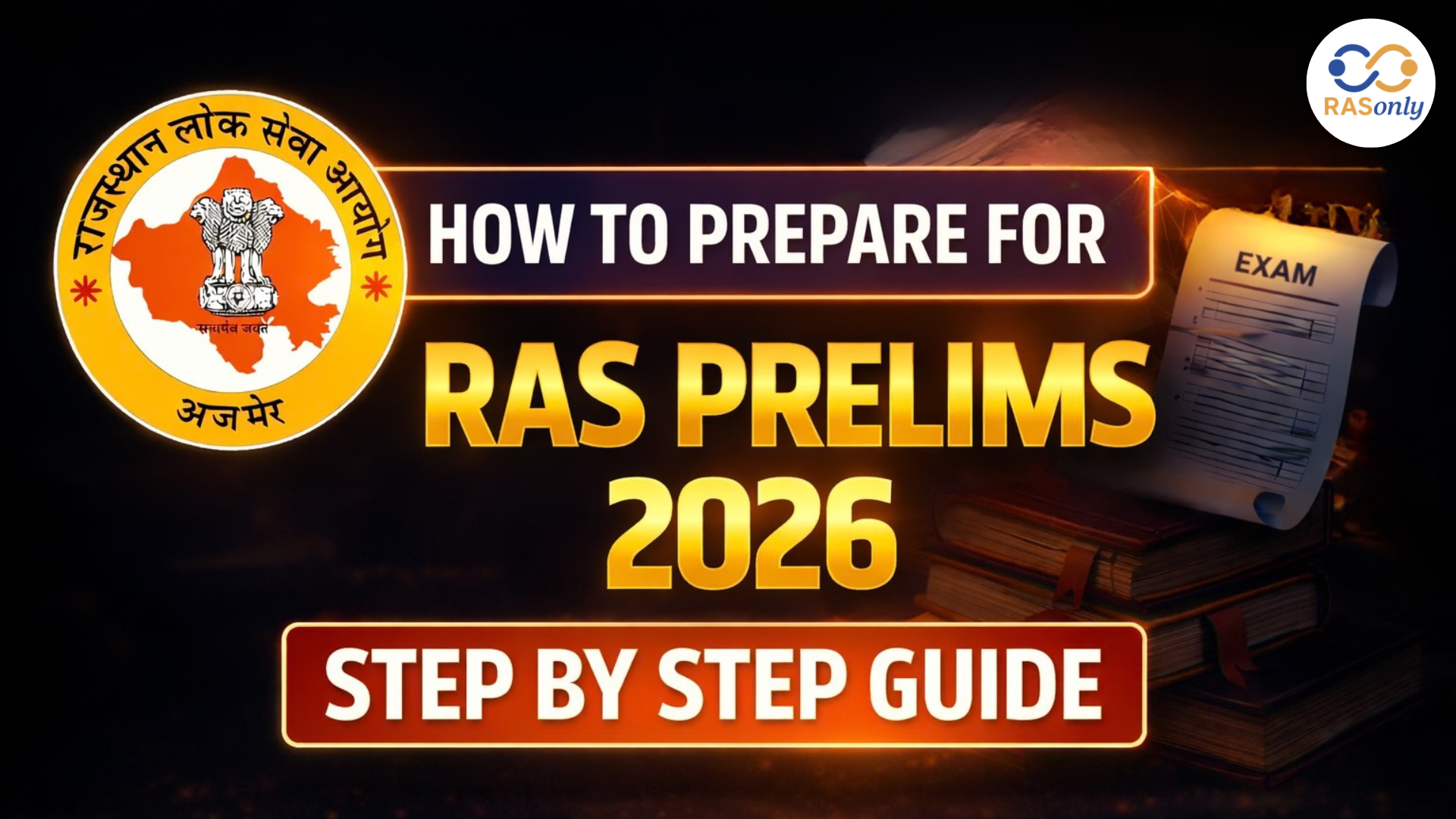RPSC RAS 2026 Subject Wise Exam Pattern for Prelims, Mains & Interview Details
- >
- RAS Preparation Resources
- >
- Bahmani Kingdom: Rise, Fall & Political History
Bahmani Kingdom: Rise, Fall & Political History

Get in Touch with RASonly!


The Bahmani Kingdom in South India was the earliest independent Islamic kingdom that was established in 1347 CE at the Deccan. It has been a critical change in politics due to the fall of the control of the Delhi Sultans in the area . It was a crucial force in influencing the history of the Deccan in the medieval period due to its innovative administrative system, military expeditions, and cultural events.
Key Points for RAS Mains
Foundation & Geography
- Founded in: 1347 CE
- Founder: Ala-ud-Din Hasan Bahman Shah
- Capital(s): Initially Gulbarga (Ahsanabad); shifted later to Bidar
- Territory: Parts of modern Maharashtra, Karnataka, and Andhra Pradesh
Disintegration: Into five Deccan Sultanates:
- Bijapur (Adil Shahis)
- Ahmednagar (Nizam Shahis)
- Golconda (Qutb Shahis)
- Berar (Imad Shahis)
- Bidar (Barid Shahis)
Rulers & Administration
- Notable rulers:
- Ala-ud-Din Hasan Bahman Shah (founder)
- Muhammad Shah I & III
- Firuz Shah Bahmani (known for religious tolerance)
- Mahmud Gawan (Prime Minister under Muhammad Shah III)
- Administrative divisions: Tarafs (provinces)
- Heads of provinces: Tarafdars
- Revenue system: Division into Khalisa (royal revenue land) and Jagir (land grants)
Rise of the Bahmani Kingdom
- The kingdom came about at the time when Muhammad bin Tughlaq of the Delhi Sultanate was in power whose oppressive policies and constant revolts in the Deccan aroused dissatisfaction.
- In 1347 CE, a noble and military leader by the name Ala-ud-Din Hasan Bahman Shah proclaimed himself independent and formed the Bahmani Sultanate with its headquarters at Gulbarga (since transferred to Bidar).
- The kingdom grew very fast and the states of Maharashtra, Karnataka, and Andhra Pradesh were included.
Administrative Features
- The kingdom was also subdivided into tarafs (provinces) with the administration of each province and its military responsibilities being taken care of by a tarafdar.
- Revenue administration drew the distinction of khalisa (land directly under the crown) and jagir (land allocated to nobles).
- The politics of power between Deccani nobles (local Muslims) and Afaqis (foreign-born nobles) was never ending and subsequently compromised the political stability.
- During the reign of Mahmud Gawan who was the prime minister of Muhammad Shah III, the kingdom experienced centralization in administration, land reforms, fixed salaries, and the promotion of education and Persian culture.
Military Conflicts
- A permanent rivalry existed between the Bahmani Kingdom and the Vijayanagara Empire mostly over the Raichur Doab resulting in several wars.
- The other military campaigns were with eastern kingdoms such as Warangal, Orissa (Gajapati rulers) and sultanates of the region such as Malwa and Gujarat.
- The presence of west coast ports in warfare and horse trade also played an important role in naval activity.
Decline and Disintegration
- In 1481, the false accusation of Mahmud Gawan divided Muslim authority.
- Internal groupings, ineffective sultans and increasing autonomy of provincial leaders further destabilized the kingdom.
- The Bahmani Sultanate had broken down by the early 16 th century into five independent Deccan Sultanates: Bijapur, Ahmednagar, Golconda, Berar and Bidar.
Conclusion for RPSC RAS
The Bahmani Kingdom played a vital role in the medieval Deccan and led to the progression of the Indo-Persian culture, architecture, and governance. The historian's impact lasted briefly, but its legacy survived in the rivalry of the Deccan Sultanates who would still influence the history of the region for many years to come in the 16th century.
Also Read: Kachwaha dynasty of Rajasthan
Also Read: Guhil Dynasty of Mewar
Post Category
- RAS Salary
- Result
- RAS Admit Card
- RAS Job
- RAS Cutoff
- Preparation Tips
- RAS Answer Key
- RAS Exam Analysis
- RAS Syllabus
- RAS Previous Year Papers
- RPSC RAS Exam Pattern
- RAS Interview
- RAS Mains Exam Date
- RAS Vacancy
- RAS Test Series
- RAS Best Books
- RAS Preparation Resources
- RAS Coaching Centre
- History
- Polity
- Geography
- Economics
- Science
- Art and Culture
- RPSC RAS Application Form
- RPSC RAS Notification
RASonly Interview Guidance Program

Mr. Ashok Jain
Ex-Chief Secretary Govt of Rajasthan
- IAS officer of the 1981 batch, Rajasthan cadre.
- Passionate about mentoring the next generation of RAS officers with real-world insights.
- Got retired in Dec 2017 from the post of Chief Secretary of the state of Rajasthan.

Mr. Guru Charan Rai
Ex-ASP / SP in Jaisalmer
- Guru Charan Rai, IPS (Retd), retired as Inspector General of Police (Security), Rajasthan, Jaipur in 2017.
- Served as ASP and SP in Jaisalmer, Nagaur, Sri Ganganagar, Sawai Madhopur, Dausa, Sikar, and Karauli.
- He also held key positions as DIGP and IGP in the Law and Order division.

Mr. Rakesh Verma
Ex-IAS Officer, B.Tech, MBA, and M.A. (Economics)
- IAS officer of the 1981 batch and retired in Chief Secretary Rank.
- Civil servant of high repute and vast experience.
- Has been teaching UPSC CSE subjects for the last six years.
Related Post
Daily Current Affairs for RAS Exam Preparation 2026
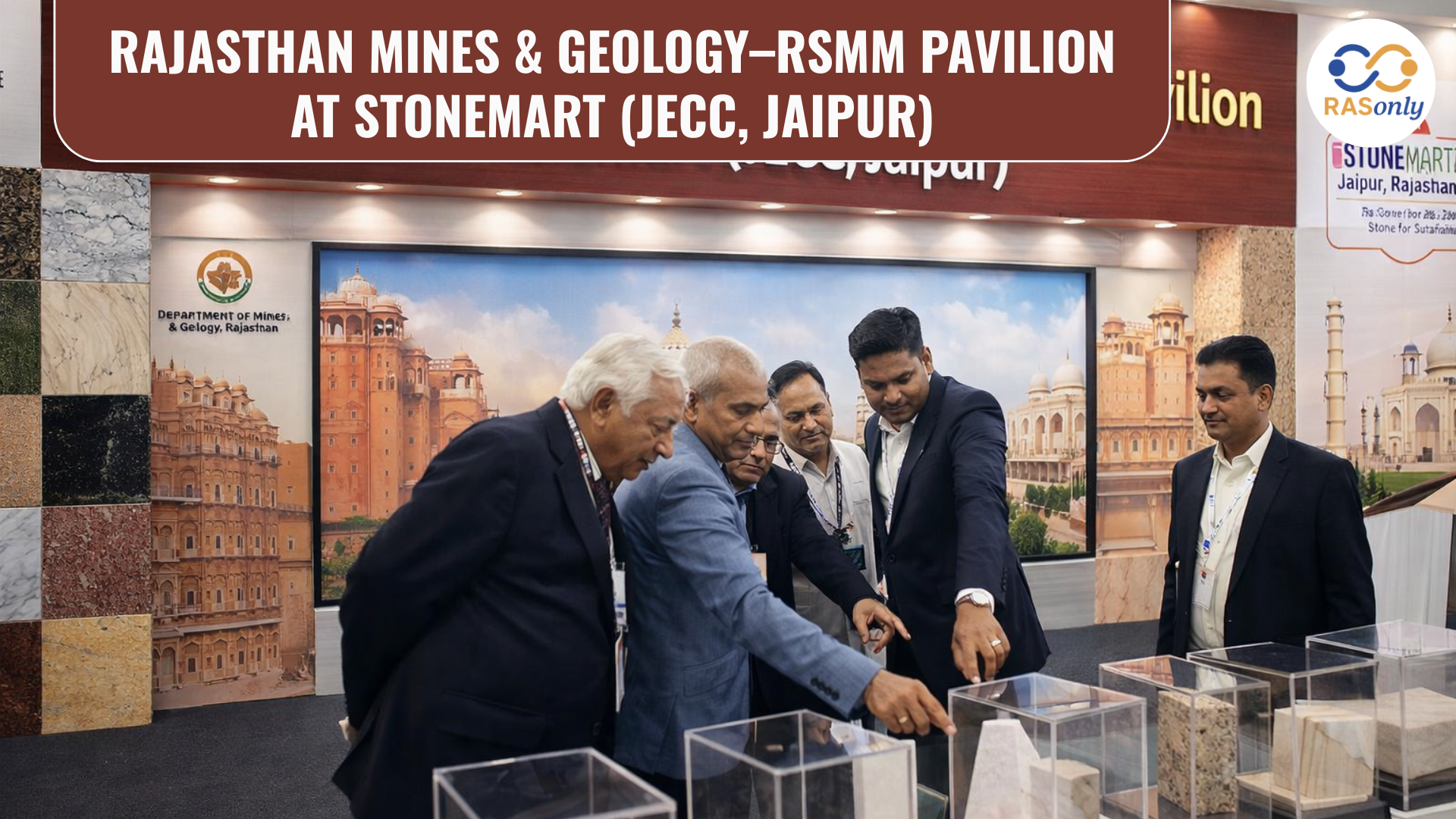
Rajasthan Pavilion Shines at Stone Mart Jaipur 2026
February 07, 2026
Rajasthan Achieves 3,000 MW Under PM-KUSUM Scheme
February 07, 2026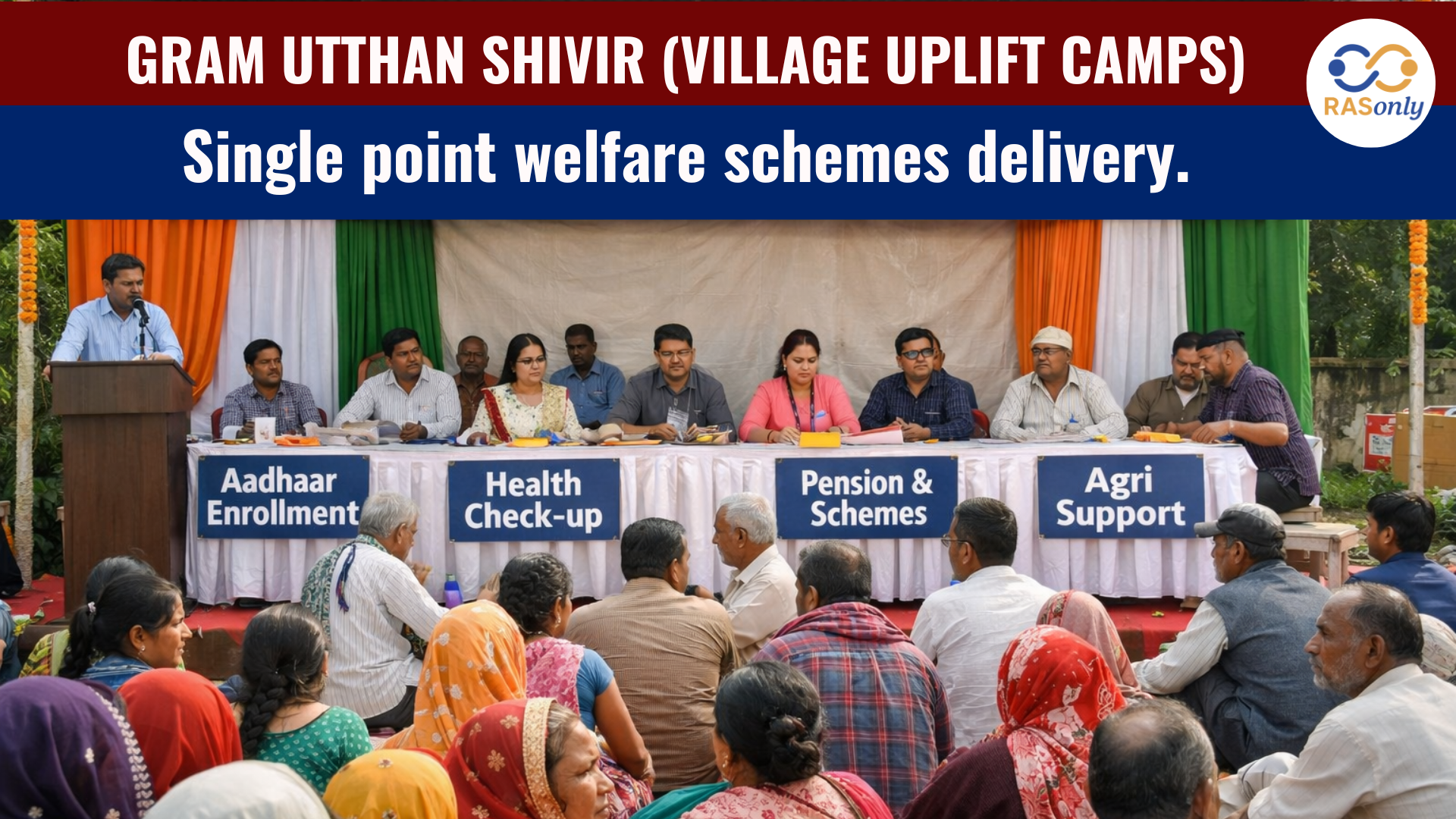
Gram Utthan Shivirs Strengthen Rural Governance in Rajasthan
February 07, 2026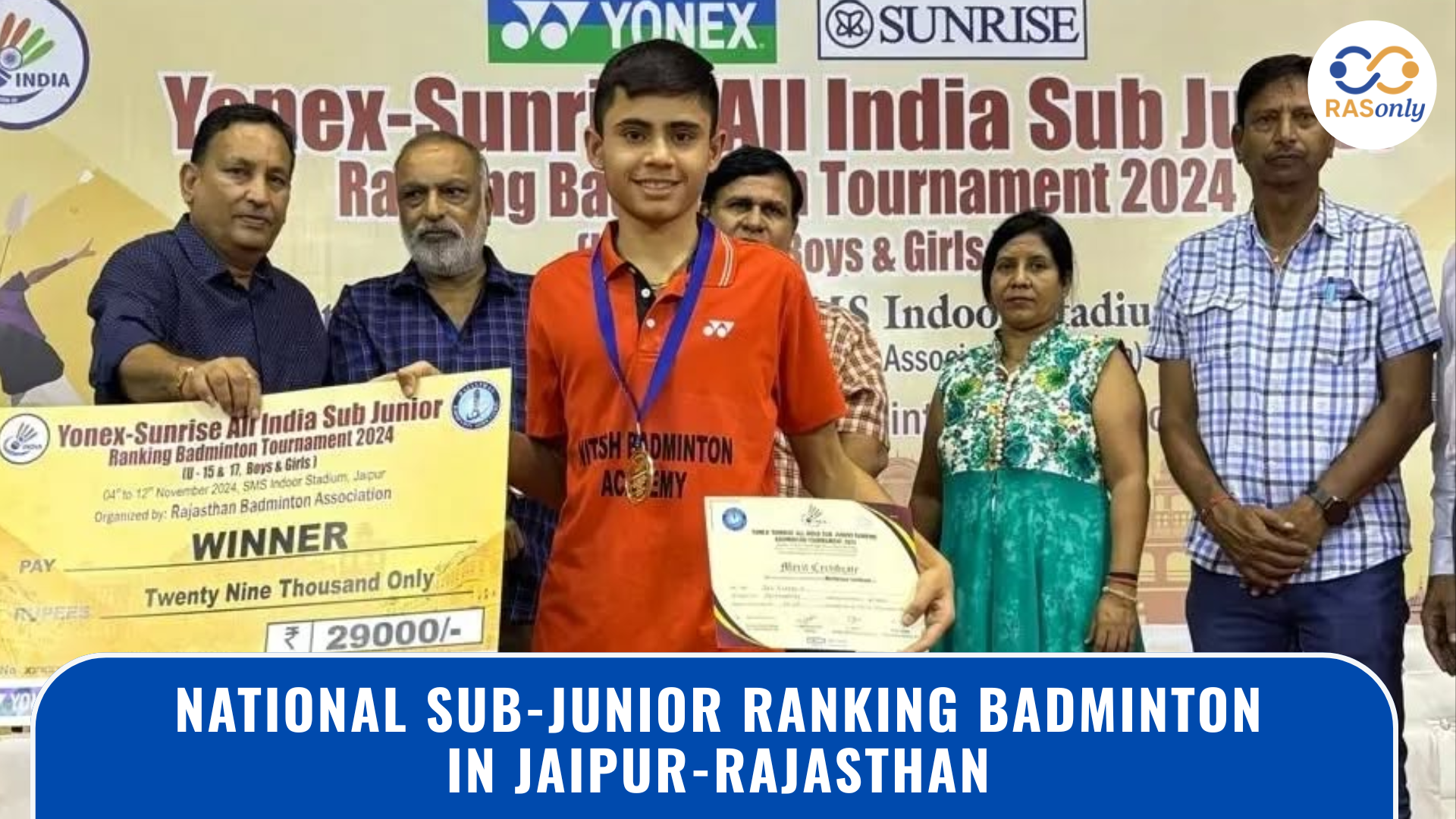
Jaipur Badminton: 72-Minute U-15 Final Creates Record
February 06, 2026👉🏻 Register Today to Join Classes! 👍🏻
- Team RASOnly -
🎯 Benefits of RASOnly Coaching:
- ✅ 1:1 Mentorship with RAS Officers
- ✅ Experienced and Expert Faculty
- ✅ Free Library Access
- ✅ Daily Minimum 4 Hours Must
- ✅ Comprehensive Study Material
- ✅ Regular Tests & Performance Analysis
- ✅ Personalized Guidance & Doubt Solving
- ✅ Online & Offline Class Options
- ✅ Affordable Fees with Quality Education
Key Highlights:
- 👉🏻 3-Day Refund Policy
- 👉🏻 New Batch Starting from 04 August
- 👉🏻 Registration Amount: Only ₹1000




